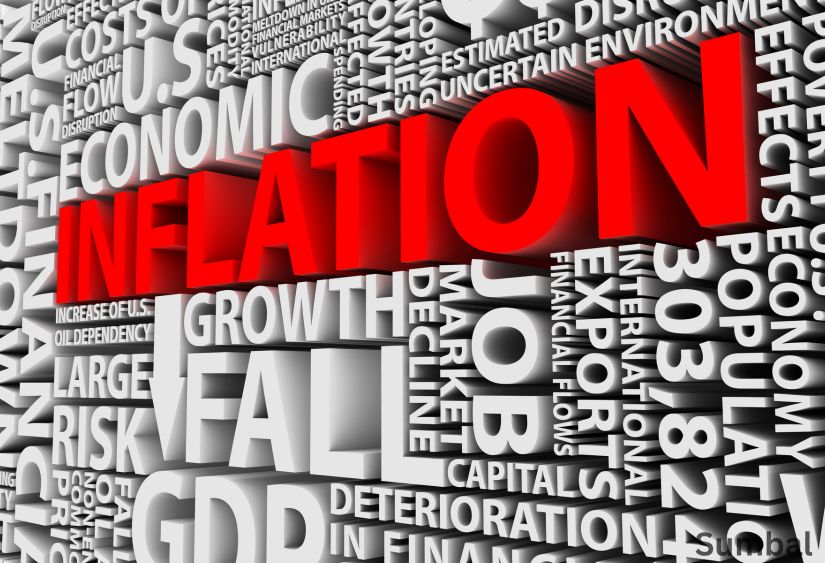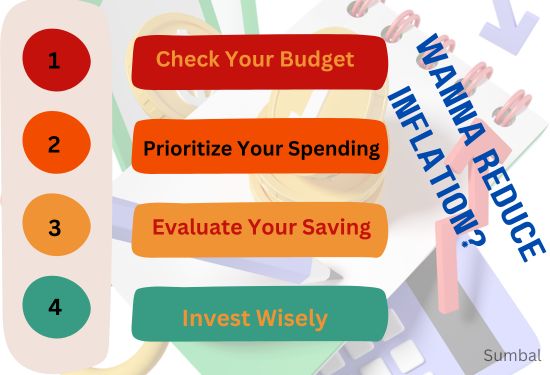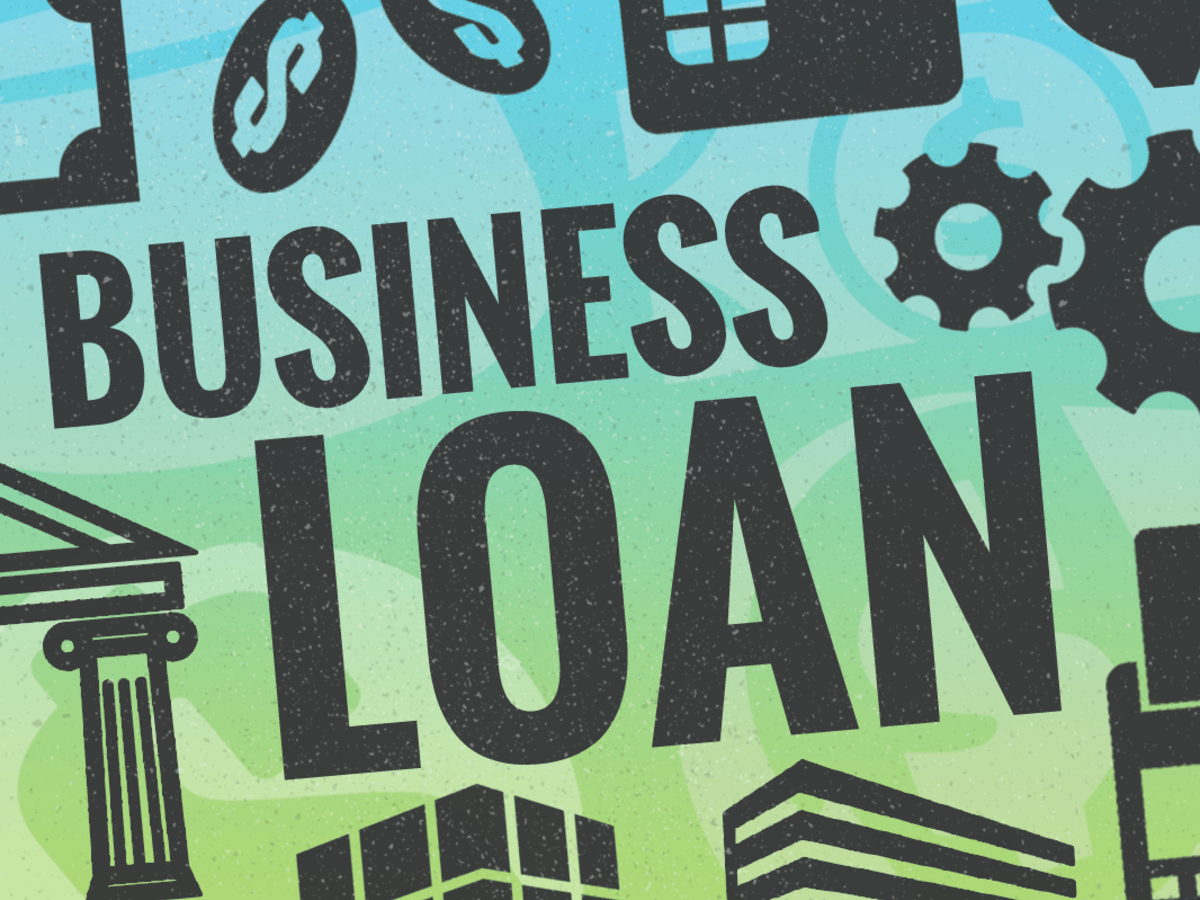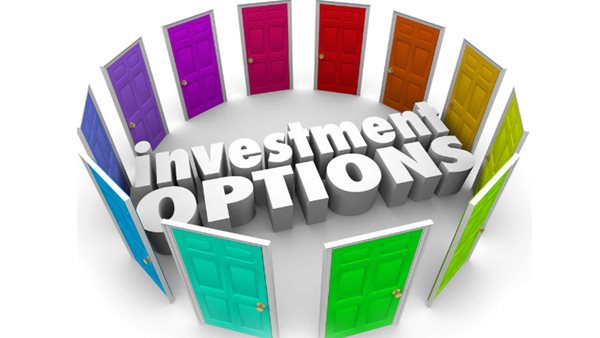One of the most used economic terms that one is likely to hear when the economy is being discussed is inflation, which is the rate of increase in the price level of goods and services within a given economy. Where prices go up, and with each unit of currency purchased, the quantity of goods and services purchased declines. It is feasible that this phenomenon influences specific significant expense lines crucial to households and organizations. Now, let’s talk about how inflation works with the various forms of spending and the implications for everyone.

1. Housing Costs
One of the most severe consequences of inflation is changes in the cost of housing. WInflation in the property market means that renting a home is likewise expensive. Rent increases for renters are frequently the result of inflation, which further reduces total budgetary constraints due to housing costs. Inflation is also disadvantageous to those seeking to purchase a home since it raises the cost of properties, making it even more difficult for buyers to enter the market or trade for a better home. With the increase in housing costs, it becomes even more challenging for those families to set aside cash for other basic needs.
2. Food Prices
Food is necessary, and sometimes prices rise considerably, affecting grocery costs. Increased raw materials, transportation, and labor costs are other factors leading to increased food prices. When inflation is high, families find out their money’s buying capacity has declined, so they spend less on food they used to buy. This could entail buying products in less expensive packaging, large quantities, or eating out much less often, which affects people’s nutrition and health.

3. Transportation Expenses
Another factor linked to inflation is that fuel prices are known to increase when inflation rises. Increased gasoline prices lead to higher costs of transportation to work or engaging in errands. To business people, a rise in fuel prices signifies an increase in the cost of shipping, raising the price of goods sold to consumers. These effects ripple across the budgets of individuals and corporations, which may require business decisions that are sometimes challenging to undertake.

4. Healthcare Costs
Healthcare is one of the unavoidable expenses with which people have to face high inflation rates. It has increased the costs of medical services, prescriptions, and insurance. People will delay visits to the hospital or even opt out of treatment processes, which can lead to long-term impacts on their health state. In some organizations, it becomes a great concern because it forces a change in employee benefits and puts additional pressure on the overall company expenses.
5. Utility Bills
Utilities such as electricity, water, and gas are equally expensive. For instance, in the case of energy production, where inflation occurs, consumers may complain of fare increases in energy bills. This can cause challenging decisions on who is to pay which bills, or, for instance, limiting the use of heating or air conditioning during exceptionally hot or cold days due to expenses paid on those resources. To businesses, high utility costs amount to overhead expenses that affect the company's profits when added to the profits.







